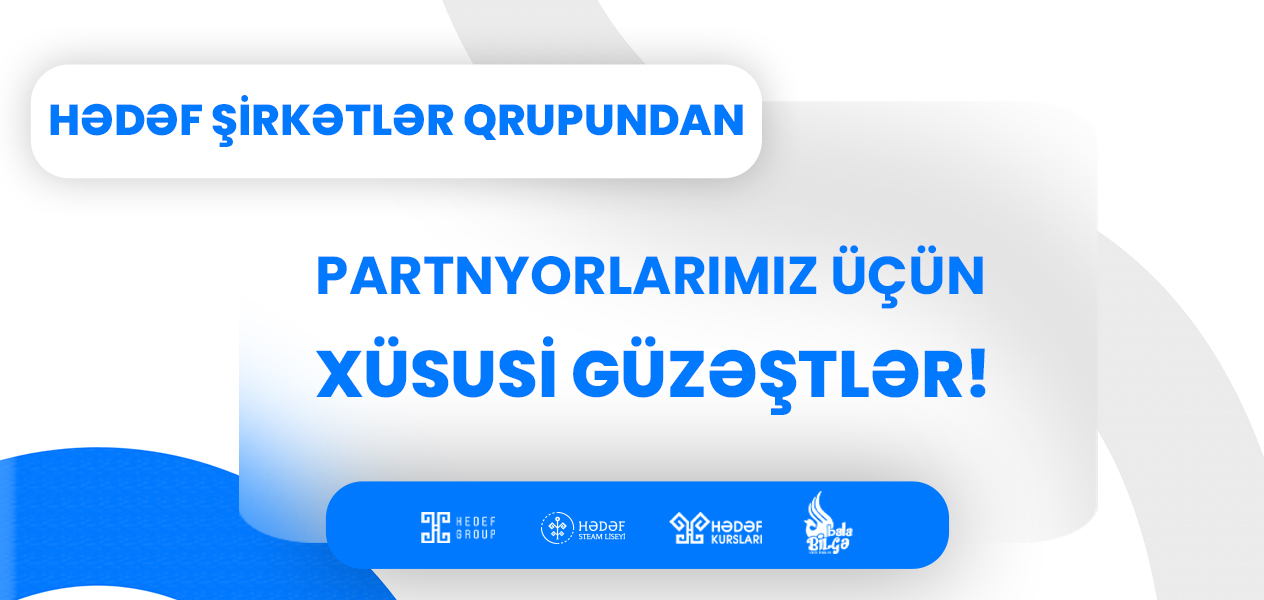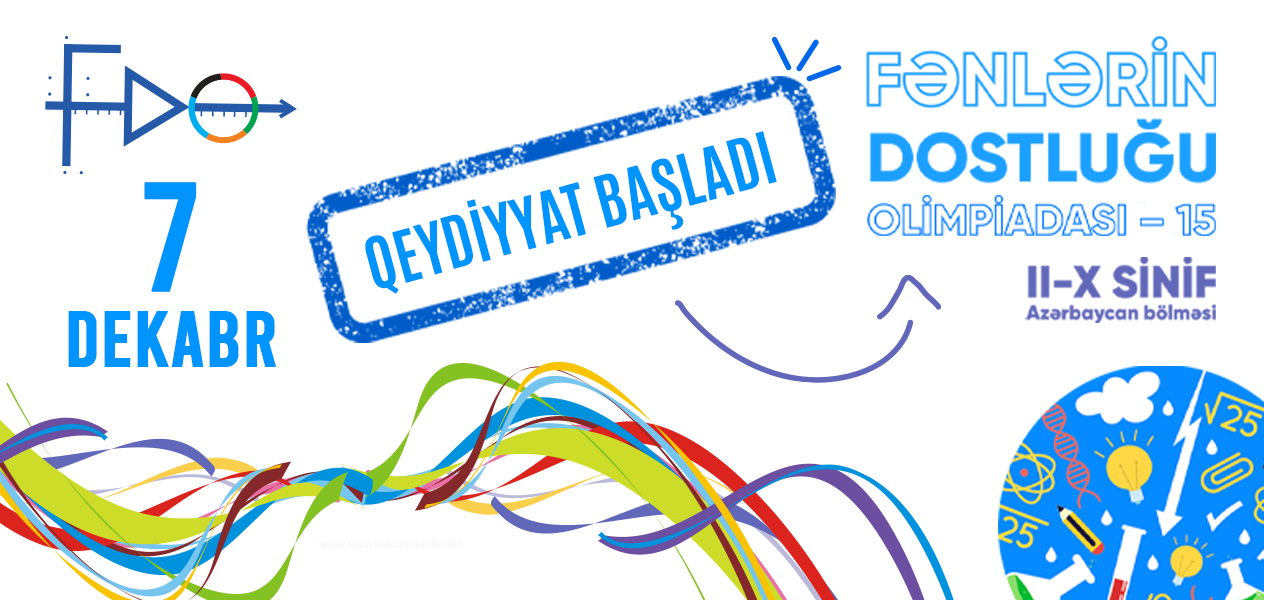Not a Section, but a Model! Two Languages, One Knowledge!

For many years, the concept of “sections” has dominated the mindset in Azerbaijani education: Azerbaijani section, Russian section, English section, etc. However, this approach contradicts modern global education standards. In contemporary education systems, the focus is not on "sections" but on "educational models." This is not just a play on words—it reflects a difference in philosophy.
Globally, schools generally operate in two directions:
• Schools that follow the national curriculum
• Schools that implement international education programs
The main distinction here is not the language of instruction but the educational model itself and how it is applied. In our case, the system still revolves around the concept of the Russian or English “section.” In reality, these sections only teach the Azerbaijani curriculum in a different language. The same books, same approach—only the language differs. This is neither an international program nor a modern pedagogical model.
Interestingly, despite having a vast geography and a widely spoken language, Russia has not been able to establish a globally recognized international education program. And yet, at least 15 countries speak Russian. This could have been a great opportunity and responsibility for Russia—but they failed to realize it.
Unfortunately, Turkey is following a similar path—opening “Turkish schools” in different countries but not offering a unified and internationally recognized education program. What these countries should actually do is develop a flexible, open, and internationally accredited model—not just create language-based sections.
So what should we do?
At Hədəf STEAM Lyceum, we’ve been deeply considering this issue for a long time. In our new campus, we are moving away from the outdated concept of “sections” and introducing a bilingual, internationally-oriented education model.
Here, “bilingual education” doesn’t just mean teaching two languages—it means using the language as a tool of instruction. In other words, students develop both content knowledge and language skills. This approach is known in education as CLIL (Content and Language Integrated Learning). That’s what we mean by: “Two Languages, One Knowledge!”
A New Era – A New Model: Hədəf STARS Campus!
Hədəf STARS Campus will be the embodiment of this new educational philosophy. It will feature:
• No more “Azerbaijani”, “Russian” or “English” sections
• Instead, a unified, integrative, and bilingual model with an international approach
• Content-based learning in both Azerbaijani and global contexts
• Students will gain not just language skills, but a mindset ready to compete on a global scale
Inspiration from international programs:
-
Cambridge International (CIE) – UK
-
Edexcel (Pearson Edexcel) – UK
-
Advanced Placement (AP) – USA
-
American Curriculum – USA
-
French Baccalaureate – France
-
German Abitur – Germany
-
Ontario Secondary School Diploma (OSSD) – Canada
-
Austrian / Swiss Matura – Austria and Switzerland
-
IPC / IMYC – International Primary and Middle Years Curricula
-
IB (International Baccalaureate) – Switzerland
All of these programs have one thing in common: they are based on a model of thinking, not language-based division.
That’s why we are implementing the Hədəf Bilingual Education Model.
We believe in models, not sections.
Two Languages, One Knowledge!




